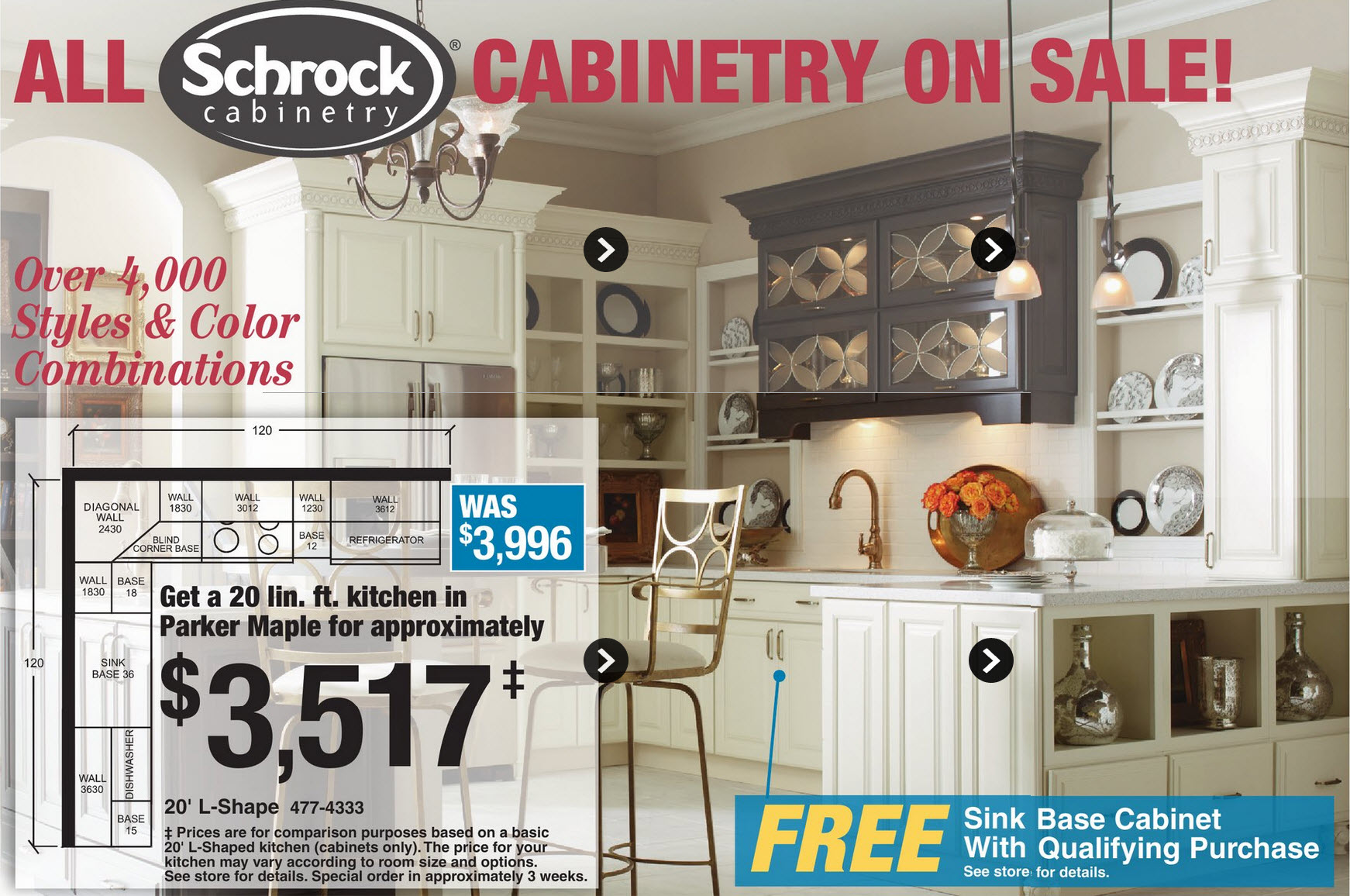Question
I just got our first 'Subcontract' to fill out for an upcoming job (assuming we agree to the contract). My business is a cabinet manufacturer. We are not a contractor, don't do installations, etc. So the first question I have is do I need to even fill out a Subcontract with the GC if we're not contractors?
The second question is, if I agree to this contract, it would be the first we've entered into where payment to us is contingent on the client paying the GC. I'm curious how common this is, and how other cabinet makers approach this situation. I'll be talking with my attorney about this, but wanted some additional feedback.
Forum Responses
(Business and Management Forum)
From contributor H:
No! You are a manufacturer. You do not do installs. You are no more a subcontractor than the Home Depot/Lowes/local lumber yard supplying material. Payment to you is the same as to them. Cash on delivery or monthly billing. The GC's payment schedule or draws from the client are not your concern. I would strongly suggest you pass on this contract.
First off, as stated before, you are a supplier. The materials you furnish are your cabinets, trim and specialty items, just like buying them from Lowe's or Home Depot, except you offer a good product with personal service. As a supplier you are to be paid for your products at least within 30 days if not on delivery. One way to make this point is to have G.C.s fill out a credit application just like with any other supplier.
Once you approve their credit, send a note with your requirements (payments, terms and penalties) just like any other supplier and just like the ones you sign with your suppliers. Right away, this removes you from "sub-contractor" status and places you into the "supplier” status. Laws are different collecting for goods furnished versus services provided. Goods furnished remain your property until paid for. If you install these products, only the installation falls into the sub-contractor category. Installation is a service offered by you. Products and goods are a commodity for sale by you.
The way I see it now, I don't need more work with strings. I do the work, I get paid. I don't need the extra hassle. It cuts into my time and profits. I have fair terms - 50, 40, 10. If that doesn't work, well, I would rather sit home and take a loss than bust my butt and take the same loss.
Given, these contractors have to work with some loser subs, but that is no reason to put me in a disadvantage. Be fair and you set the terms.
You need a Purchase Order with payment in full upon delivery and inspection. If he is talking to you then you have the job. Make him conform to your requirements. His subcontract will supersede your quote you give him in most cases. Don't forget to bill him a few thousand dollars for the shop drawings you are going to be doing.
